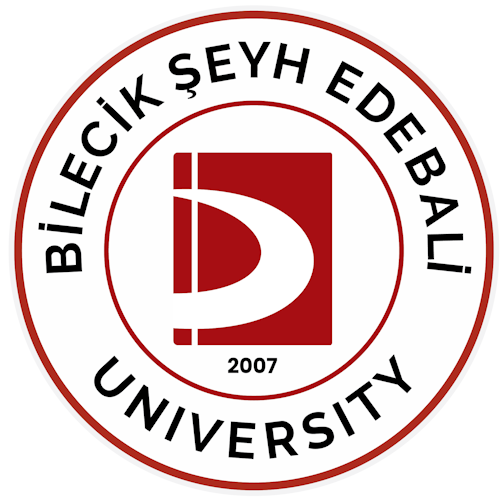ERASMUS EXCHANGE PROGRAM
Erasmus Exchange Program
14 November 2024 ThursdayWhat is the Erasmus Program?
The Erasmus Program is a European Union program to encourage higher education institutions to cooperate with each other. It provides free financial support for higher education institutions to produce and implement joint projects with each other and to carry out short-term student and staff exchanges.
In addition, it also encourages increasing the relations and cooperation between higher education institutions and the working environment in order to develop the higher education system in accordance with the needs of the business world and to increase the employability of university graduates in the business world.
Erasmus activities financially supported by the National Agency are as follows:
- Mobility Activities
- Student Mobility
- Learning mobility
- Internship mobility
- Staff Mobility
- Teaching mobility
- Study mobility
- Organization of Mobility
- Erasmus Intensive Language Courses
- Intensive Programmes
- Preparation Visits
Erasmus Student and Academic Staff Exchange:
With the Erasmus student exchange program, students can be students at a higher education institution in another European country with an EUD for 1 or 2 semesters within 1 academic year, while academic staff can go abroad to give lectures for 1 week to 6 weeks under the same conditions. The European Commission provides grants in order to contribute to the additional costs of the exchange beneficiaries to be abroad.
The European Commission also supports the exchange financially by providing grants to the beneficiaries of the exchange in order to contribute to the additional costs arising from their being abroad. As a candidate country to the Union, Turkey can only exchange students and teaching staff with member countries.
The exchange of students and teaching staff with partner universities is organized within the higher education institution and carried out by the Erasmus Coordinatorships of the institutions. In order for institutions to organize this exchange, the European Commission provides financial support to Erasmus offices to cover the costs of stationery, equipment, etc.
Erasmus Projects:
Within the scope of Erasmus projects, all European universities with EUDs can develop joint ‘Curriculum Development’, ‘Intensive Program’ and ‘Subject Network’ projects and receive financial support from the European Commission to implement these projects. The support provided is up to 75% of the total project cost and the institutions are expected to contribute from their own budgets.
The projects are centered on the European Commission and the projects developed are submitted to the relevant body of the Commission by the ‘Coordinating Higher Education Institution’ determined by the partners. The financial support given to the accepted projects is distributed to the partner institutions through the Coordinating Institution.
